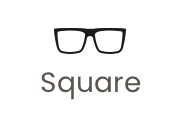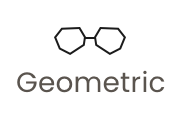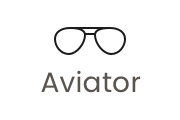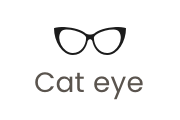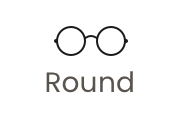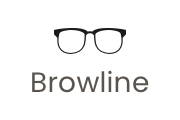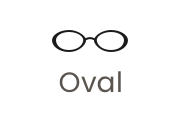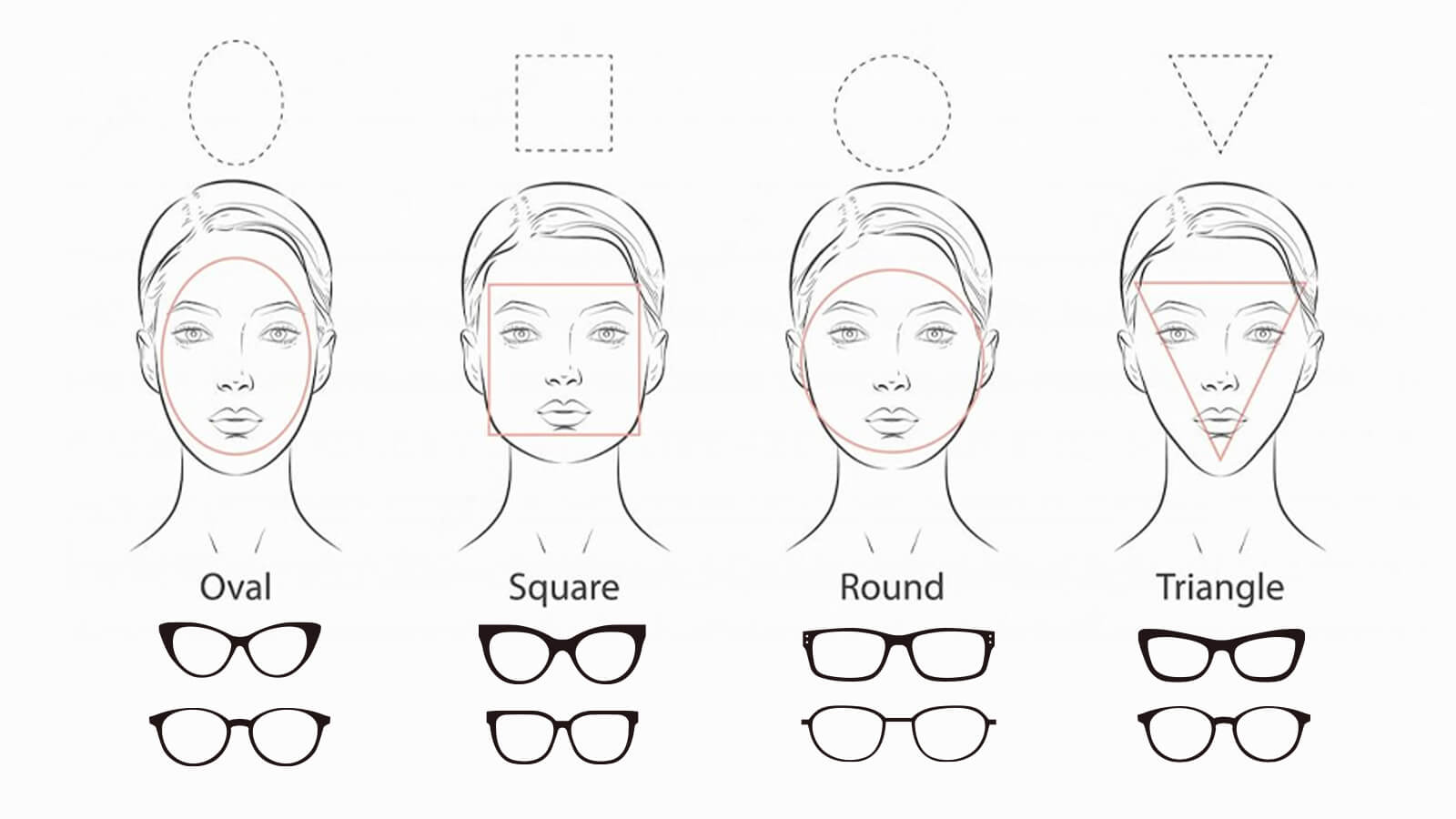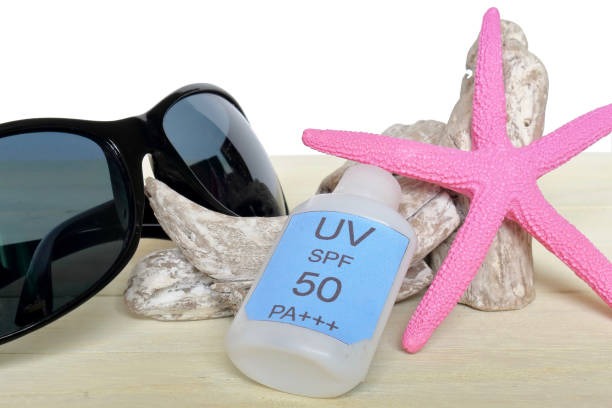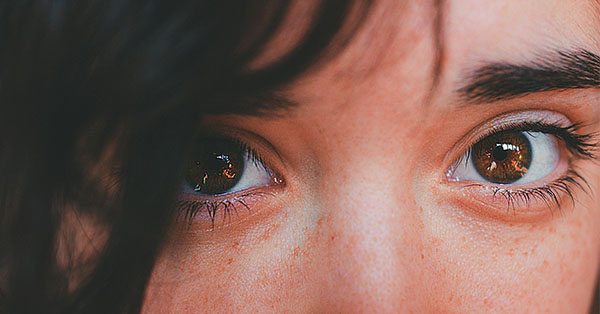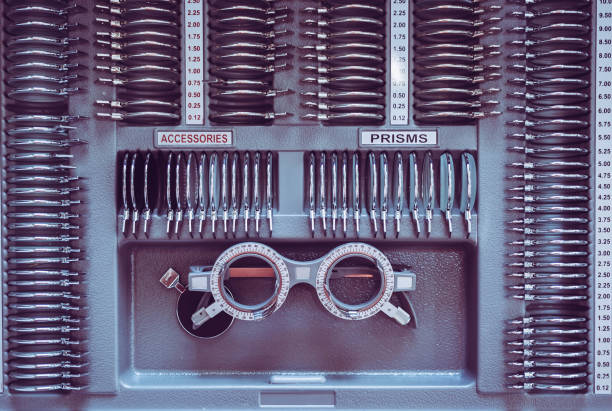
Guide to Picking Glasses That Suit Your Face Shape Perfectly
February 27,2023

What is Boho Style? A Comprehensive Guide to Boho-Chic Fashion
February 13,2025

Virtual Glasses Try On - Find Your Perfect Pair Online
April 02,2024

UV Protection Glasses VS. Blue Light Glasses - Vooglam
July 20,2023

The Ultimate Guide to Modern Trendy Men's Glasses: Top Styles for 2026
March 01,2024

Stylish Reading Glasses: Blending Fashion with Functionality
February 16,2023

Photochromic Lenses 101: How They Work & Why You Need Them
September 22,2023

Brown Eyes: The Beauty of the Most Common Hue
September 01,2024

The chubby face glasses for round face female
August 02,2023

What are prisms in eyeglasses?
March 20,2023

What Are Bifocal Glasses? The Complete Guide (Types, History & Benefits)
April 14,2023

How to Read Your Eyeglass Prescription?
March 11,2023
Contacts vs Glasses: Ultimate Guide to Clearer Vision & Lifestyle Fit
If you don’t have a good vision, you know how tough it can be to choose between contacts and glasses. The debate is constant, but in the end, it boils down to one's vision clarity and the method that goes well with one's lifestyle and budget, as well as personal style. Decisions can be hard to make, and we understand that feeling. So here is this elaborate guide that would help you learn everything there is to know about glasses and contacts. We will also discuss daily wear, long-term health, and screen time.
Contacts vs Glasses: Everyday Pros & Cons
Pros and Cons of Eyeglasses
Advantages:
Simplicity & Low Maintenance: Easy to put on and take off, requiring minimal cleaning. No complex disinfection routines.
Reduced Eye Health Risks: Lower risk of eye infections as you're not directly touching your eyes.
Cost-Effective Options: Yes, designer frames could be expensive. All in all, when you view purchasing glasses in terms of long-term costs, it could be cheaper, as you need less complete replacement and have fewer ongoing supply costs (like solutions).
Fashion Statement: Really amazing accessory to be one's voice, personality and style. For creative, self-expressive people, nobody could beat Vooglam because it's so inclusive and trendy.
Comfort for Sensitive Eyes: Mostly ideal for patients suffering from dry eye syndrome or allergy or those spending many hours in front of the screen.
Variety of Lens Options: Available with advanced lens technologies like anti-reflective coatings, blue light filtering, photochromic (transition) lenses, and progressives for multiple prescriptions.

Disadvantages:
Diminished Peripheral Vision: Frames may reduce the ability to view objects on either side.
Activities become a Source of Inconvenience: It proves cumbersome during sports or vigorous activities, not to mention concerns of falling off or breaking.
Weather Woes: Prone to fogging up in humidity or splattered by rain.
Appearance & Comfort Issues: Some dislike their appearance in glasses or experience discomfort from the weight on their nose or ears.
Night Vision Challenges: Can sometimes produce more glare or reflections at night, though anti-reflective coatings help.
Pros and Cons of Contact Lenses
Advantages:
Natural, Unobstructed Vision: Provide a full field of vision, including peripherals, as they move with your eye. Ideal for sports and driving.
Freedom of Movement: It is absolutely excellent for active lifestyles without worries about glasses slipping and breaking.
Weatherproof Vision. Unaffected by rain or fog.
Aesthetic Appeal: No impact on facial appearance; some even offer cosmetic options to change eye colour.
Sunglasses Compatibility: Wear any style of non-prescription sunglasses.
Disadvantages:
Requires intensive upkeep and meticulous discipline: This demands strict cleanliness, disinfection, and replacement regime.
Then, there comes the regular expense, buying lenses and solutions, and perhaps weekly eye exams. It adds up.
Learning Curve: Takes practice to insert and remove lenses correctly and hygienically.
Not Suitable for Everyone: Certain eye conditions or allergies might make contact lens wear difficult or impossible.
Are Glasses or Contacts Better? A Head-to-Head Factor Analysis
| Feature | Eyeglasses | Contact Lenses |
|---|---|---|
| Visual Acuity | Excellent; can correct most prescriptions. Potential for peripheral distortion. | Excellent; provides a wide, natural field of vision. Toric/multifocal options for complex needs. |
| Comfort | Generally good; some find frames bothersome. Better for dry/sensitive eyes. | Can be very comfortable; initial adjustment. May cause dryness/irritation for some. |
| Lifestyle | Can be limiting for highly active individuals. | Ideal for sports and active lifestyles. |
| Maintenance | Minimal, simple cleaning. | Daily cleaning & disinfection (unless daily disposables). Requires discipline. |
| Eye Health Risk | Low. Provides some physical protection. | Higher risk of infection if not cared for properly. Requires good hygiene. |
| Cost | Variable initial cost; potentially lower long-term. | Lower initial (sometimes), but higher ongoing costs for lenses & solutions. |
| Convenience | Easy on/off. Can be misplaced. | Invisible wear. Requires an insertion/removal process. |
| Appearance | Fashion statement. Some dislike the look. | No impact on appearance. Can change eye color. |
Disadvantages of Contact Lenses Over Spectacles
When weighing your options, it's crucial to understand the specific disadvantages of contact lenses over spectacles:
Hygiene Burden & Infection Risk: This is paramount. The contact lenses are sitting directly onto the eyes and thus are rendered more susceptible. Hence, any laxity in personal hygiene (hand washing, lens care, lens-cases care, going near to water) puts one at a greater risk of painful infections and sight-threatening diseases like the microbial keratitis. Spectacles largely bypass these direct contact risks.
Dryness and Irritation: Increased eye dryness or irritation is a predominant condition experienced by many, whereas lenses can absorb tear films or minimize oxygen flow to the cornea. Such problems may take a toll on dry-eye-prone individuals or workers in arid environments.
Allergies: Contact lens material or cleaning solutions' chemicals can also lead an individual to develop some sensitivity or an allergic reaction.
Supply Dependence: You always need to have lenses and, in the case of many types, cleaning solutions. It can be very inconvenient to run out unexpectedly.
The handling issues: Inserting and removing lenses continue to be a challenge for some people, especially for those with dexterity issues or a strong dislike for touching their eyes.
Is It Better to Wear Glasses or Contacts While on the Computer?
It is very much a common question, especially in this screen-dominated world. So, what is it? Wearing glasses or contacts would be better while using a computer?
On the whole, the glasses might have gained an upper hand in the prolonged usage of the computer.
Less Dryness: Staring at the screens prevents us from blinking enough, which can become a tipping point for drying out contact lenses quickly and causing discomfort or blurry vision. Glasses don't add to this concern.
Breaks Are Easier: It's simply easier taking off glasses, momentarily, to rest your eyes.

However, contacts aren't necessarily a bad choice if managed well:
Artificial Tears: Use lubricating eye drops to fight against dryness.
Conscious Blinking: Make a point to blink more.
Take Regular Breaks: Follow the 20-20-20 rule (every 20 minutes, look at something 20 feet away for 20 seconds).
Consult your eye care practitioner if you experience noticeable eye strain or dryness with contact lenses while using a computer. They may suggest a different type of lens or rewetting drops and might counsel you to wear glasses instead of contacts while working on a screen.
Why Some Choose to Wear Glasses Instead of Contacts
Apart from cases where one uses glasses for computer work, a lot of people prefer glasses over contacts for reasons that are varied:
Simplicity and Convenience: When it comes to grab-and-go, nothing beats glasses.
Cost Savings: Over a lifetime, glasses may turn out to be the cheaper option.
Allergies or Sensitivities: For some people, contact lenses cause continuous irritation sensations; thus, they simply cannot tolerate them.
Fashion and Identity: For many, glasses are integral to their personal style and identity. Vooglam celebrates this with culture-inspired collections like Retro Radio, blending aesthetics such as Boho-Chic and vintage flair.
Final Words: See Clearly, Your Way
While choosing between eyeglasses vs contacts can be a bit overwhelming, it all boils down to your lifestyle choices, budget, vision needs, and eye health. Both are designed to improve your vision and allow you to have creative self-expression. However, it’s important to consult a professional to determine your best choice.

Vooglam Blog
Vooglam blog shares professional knowledge about eyeglass frames, lenses, etc., and provides help when purchasing and using eyewear products. At the same time, Vooglam focuses on fashion glasses to interpret the trend of glasses for you.




